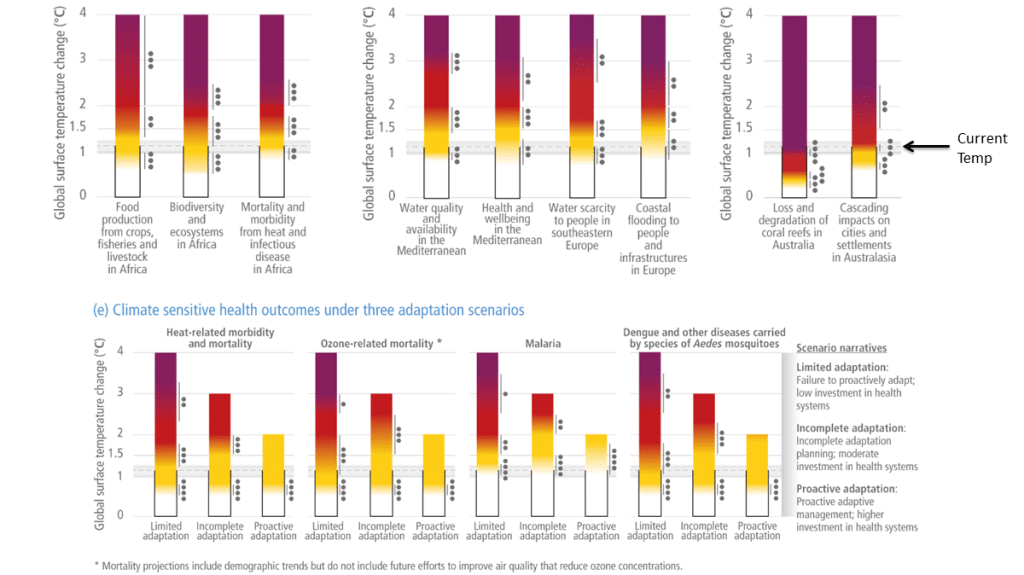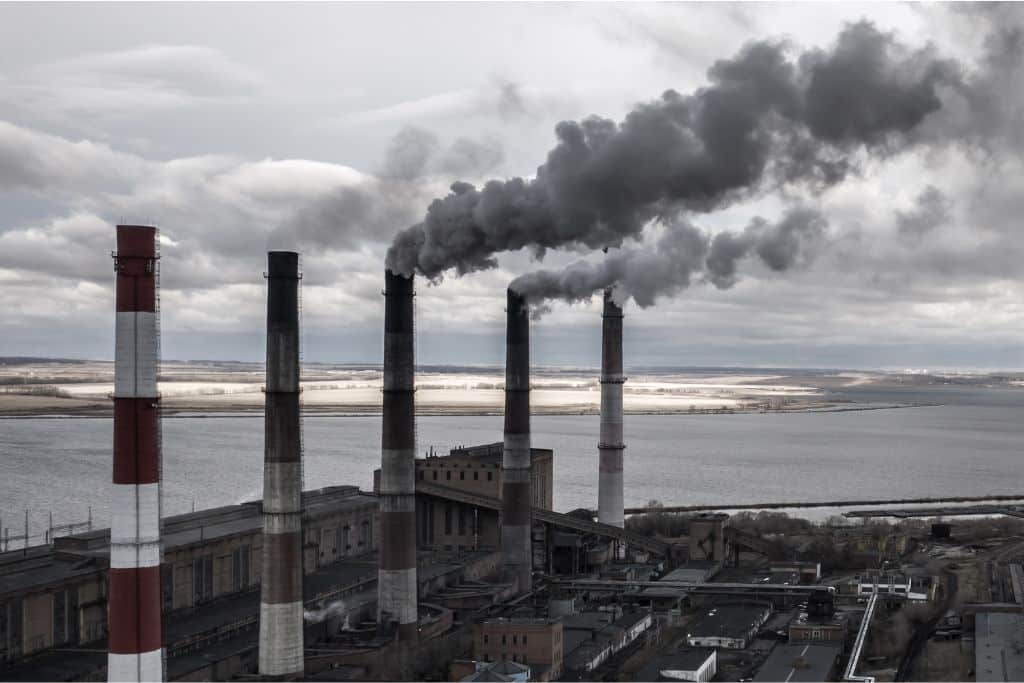A new study assessing the size and uncertainty of the remaining carbon budgets necessary to limit global warming below the critical threshold of 1.5C has found that the pace at which human fossil fuel emissions are endangering a crucial climate threshold is twice as fast as previously anticipated.
—
Humanity has only six years left to get to net zero emissions and keep global warming below 1.5C, new estimates suggest.
The new study, published in the scientific journal Nature on Monday, assessed the size of the remaining carbon budget, the net amount of carbon dioxide (CO2) we have left to emit before we exceed our desired global temperature increases – in this case, 1.5C above pre-industrial levels, a threshold set by 195 governments in the 2015 Paris Agreement beyond which humanity will start experiencing severe climate damages across a wide range of ecosystems.
Researchers concluded that, if current emissions levels persist, humanity can emit another 250 gigatonnes of CO2 (GtCO2) for a 50-50 chance to reach the 1.5C limit in six years’ time, rather than in the mid 2030s as previously predicted. If the threshold is set at 2C, the amount of CO2 we can still emit is around 1,200 GtCO2.

More on the topic: 8 Key Findings from the IPCC Sixth Assessment Report
Carbon dioxide is among the main culprits of global warming, as the presence of this gas in the atmosphere traps heat in the earth’s radiation, creating a greenhouse effect directly linked to rising temperatures.
Emissions have been at an all-time high of about 54 billion tons/year for about ten years, leading to an unprecedented increase in human-induced warming of over 0.2C per decade. According to National Oceanic and Atmospheric Administration’s (NOAA) measurements, atmospheric carbon dioxide (CO2) levels peaked at 424 parts per million in May, a value that is more than double the amount of atmospheric CO2 before the onset of the Industrial Revolution in the 19th century.
Calculating the remaining carbon budget is complicated by factors including the presence of other greenhouse gases in the atmosphere – such as methane – as well as the unpredictability of our planet’s behaviour as global warming intensifies.
“Our best estimate is that warming from CO2 approximately stops in the year of net zero, and continues fairly linearly until this point,” explains Robin Lamboll, lead author of the study.
Nevertheless, she also argues that a completely different scenario where warming continues as a result of melting ice, methane emissions, and changes in ocean circulation patterns is also possible. At the same time, we cannot exclude that an increase in natural carbon sinks – natural elements such as oceans, forests, and soil that are able to absorb and store some carbon-containing chemical compound for an indefinite period – will result in a substantial cool down that may begin even “a little before we reach net zero,” Lamboll added.
The study comes a month ahead of the beginning of the long-awaited United Nations climate summit, COP28, in Dubai, where world leaders are tasked with addressing urgent climate and environmental challenges and negotiating international agreements to combat climate change.
You might also like: Most Planetary Boundaries Beyond ‘Safe and Just Limit’, Scientists Say


















